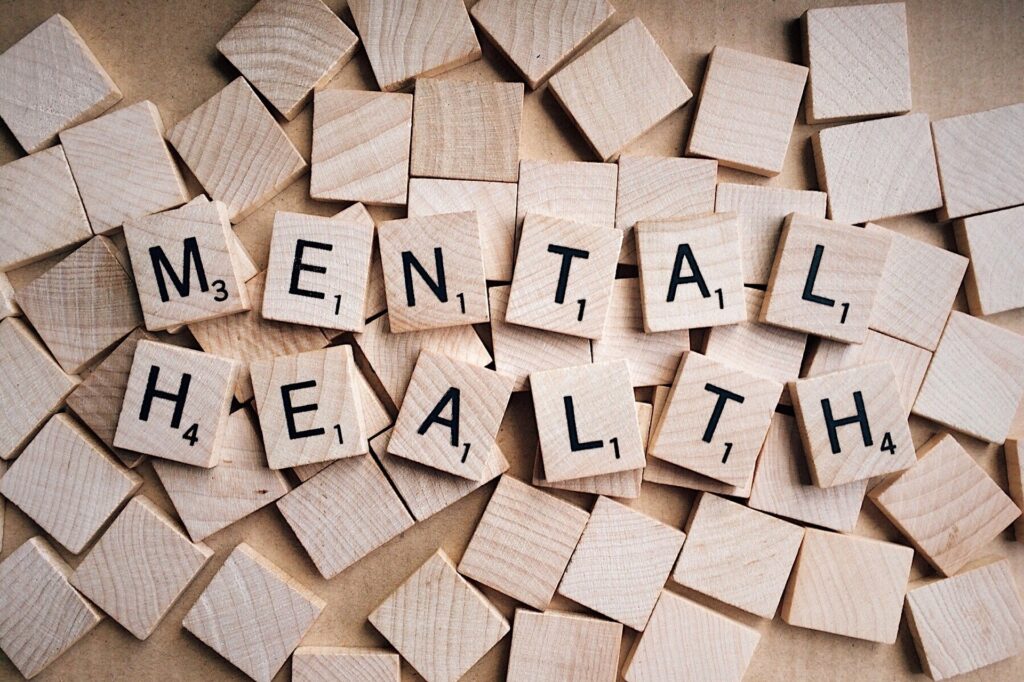
What exactly is mental health? According to MedlinePlus: “Mental health includes
our emotional, psychological, and social well-being. It affects how we think, feel, and act as we
cope with life. It also helps determine how we handle stress, relate to others, and make choices.”
Can you see the impact mental health has on a person? Sometimes you can see that a person is
struggling with their mental health, whether it be a friend not returning your calls as they
normally would, the withdrawal of a person who is typically socially active, or possibly someone
who has let their hygiene go. Other times there may be no visible or obvious indication of
someone’s internal struggle, some may hide it well, or may even seem overly happy. According
to Crisis Intervention professor here at Catawba, Dr. Brianna Kane: “There are many components
to health that makes us feel well. Physical health is typically the first one that folks think of and
are more in tune with. If we don’t feel well physically, we go to the doctors, take a rest day, or
are more open to telling our support systems what’s going on. Mental health, I would argue, has
a stronger influence on our daily interactions and levels of satisfaction. We all have mental
health. Some days are stronger, and we feel more focused and able to achieve, and other days are
more difficult. We may have a ‘mental fog’ or experience strong symptoms of stress or sadness
that interfere with other areas of our lives. If we discussed mental health the way we do physical
health, we could reach a new level of wellness. Particularly during college”.
This statement is truer than ever now, especially given the current state of the world
today due to COVID. According to a research study completed by the Journal of Medical
Internet Research: “Out of 195 participants, 138 (71%) indicated that their stress and anxiety had
increased due to the COVID-19 pandemic.” This finding is specifically in regard to a group of
college students. While the pandemic has impacted the lives of everyone, it can have an even
greater impact on college students. Students transitioning from an at home, high school life to an
independent college one is challenging on its own. This stress, as well as trying to maneuver in a
world dealing with a pandemic, can compound feelings of anxiety for many.
On the subject of student anxiety, Dr. Kane said: “There are so many additional factors
that college students face that other populations don’t. Students manage course work
expectations, extracurriculars and sports, and adjusting to a new environment, often for the first
time alone, all while establishing their identity and meaningful relationships. Being aware of and
in tune with mental health, the way we are with physical health, can help avoid extreme levels of
burnout and fatigue and can improve a sense of wellness. Going for a short walk outside, taking
5-minute breaks between studying, or other acts of self-care are daily tasks to help improve our
moods.“
Beyond these steps, if students need more aid or counseling they can click here for help and resources to improve their mental health. There you will find a daily mental health checklist, and questionnaires to help
you evaluate your own mental state. We also have counselors here available on campus to help
you or someone you know, and if you find yourself at home or in your dorm late at night, the suicide
hotline at 1-800-273-8255 is available 24 hours a day, 7 days a week.